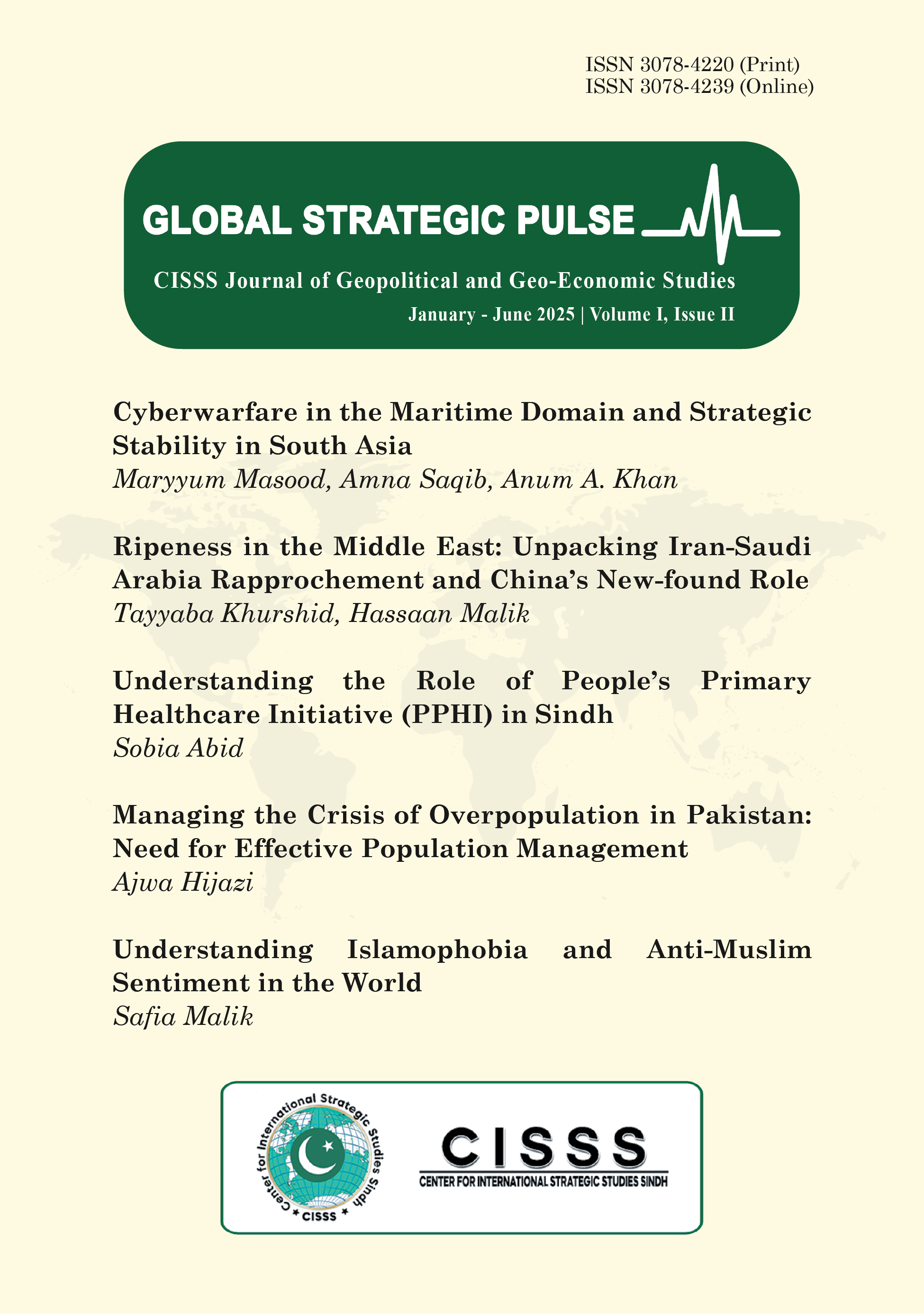Understanding Islamophobia and Anti-Muslim Sentiments in the West
Keywords:
Islamophobia, Islamophobia in the digital age, Anti-Muslims Sentiments, Clash of CivilizationsAbstract
Abstract
Islamophobia, also known as the irrational fear of, hostility towards, or prejudice against the religion of Islam in general, is rapidly increasing in the West. Western politicians widely adopted the term to link Islam with terrorism after the 11 September 2001 attack. This qualitative research paper has applied Samuel P. Huntington’s ‘Clash of Civilizations’ thesis as a theoretical framework to understand the underlying factors behind the rise of Islamophobia and increasing anti-Muslim sentiment in the West. The paper is descriptive and exploratory and mainly uses secondary data sources. The study reveals that the rise of populist political leaders in the West has led to the rise of Islamophobia, as these leaders have been advancing their political agendas by promoting anti-Muslim sentiment and blaming Muslims for rising unemployment and terrorism in the West. Consequently, Islamophobia has been entrenched through structured laws that prohibit certain Islamic practices and symbols, while also leading to the segregation of Muslims across social, political, economic, educational and digital domains.

Downloads
Published
Issue
Section
License
Copyright (c) 2025 Safia Malik (Author)

This work is licensed under a Creative Commons Attribution 4.0 International License.
All articles are permanently available online to the public without restrictions or subscription fees. All articles are free to be used, cited, and distributed, on condition that appropriate acknowledgement is included. Authors are the copyright holders of their original contributions. The published article is simultaneously licensed under a Creative Commons (CC) Attribution License. “A CC license is used when an author wants to give people the right to share, use, and build upon a work that they have created” Wikipedia.

